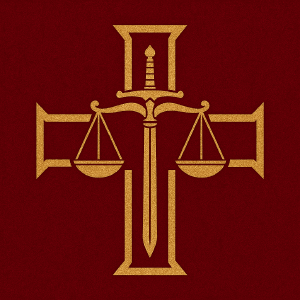Syria has a long and rich history, serving as a center of civilization for thousands of years. From ancient empires to Ottoman rule and eventual independence, Syria's past has shaped its modern identity.
Ancient Syria: Palmyrene and Early Civilizations
Syria was home to some of the world's earliest civilizations, including the Ebla Kingdom (3000 BCE) and Mari. It later became part of great empires like the Assyrians, Babylonians, and Persians before falling under Greek rule after Alexander the Great's conquests.
During Roman rule, Syria was an important province, and the city of Palmyra flourished under Queen Zenobia (3rd century CE). She led a rebellion against Rome, briefly forming the Palmyrene Empire, but was ultimately defeated by Emperor Aurelian.
The Islamic Era and the Umayyads (7th - 13th Century)
With the rise of Islam in the 7th century, Syria became a key part of the Islamic Caliphate. In 661 CE, Damascus was chosen as the capital of the Umayyad Caliphate, making Syria the center of the Islamic world. The Umayyads expanded the empire from Spain to India, but their rule ended in 750 CE when the Abbasids moved the capital to Baghdad.
Syria later came under Seljuk Turk, Crusader, Ayyubid (led by Saladin), and Mamluk control. The Mongols invaded in the 13th century but were defeated by the Mamluks.
Ottoman Rule (1516 - 1918)
In 1516, the Ottoman Empire conquered Syria, ruling for over 400 years. The Ottomans divided Syria into provinces (vilayets) and introduced Islamic law, but the region faced economic decline. During World War I (1914-1918), Arab nationalists, supported by the British, launched the Arab Revolt (1916-1918) against Ottoman rule. With the Ottomans' defeat, Syria was taken over by the French and British under the Sykes-Picot Agreement (1916).
French Mandate and Syrian Independence (1918 - 1946)
After World War I, Syria declared independence in 1920 under King Faisal I, but French forces defeated him in the Battle of Maysalun. The League of Nations then granted France control over Syria under the French Mandate (1920-1946). Syrians resisted colonial rule, leading to uprisings like the Great Syrian Revolt (1925-1927).












